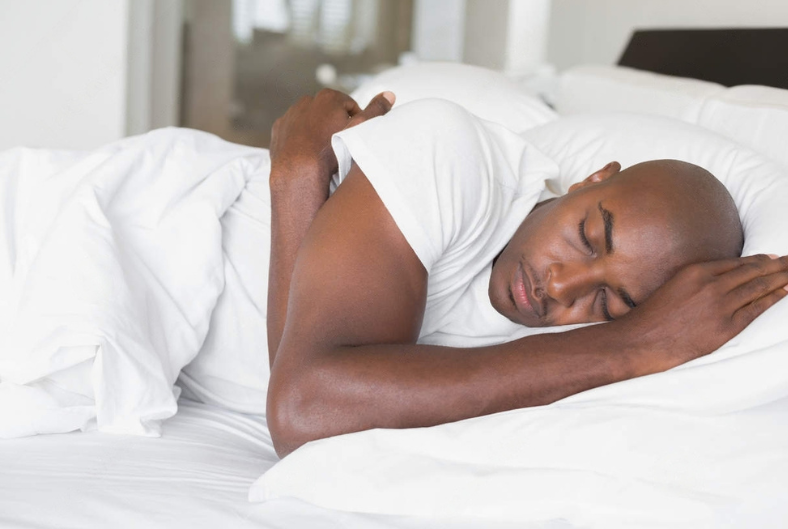There may be specific reasons why your melatonin level is not where it needs to be for a peaceful night. Yet, the imbalance is frequently caused by lifestyle choices. This is a description of what you can do to prevent getting a melatonin shortage in the first place.
So what symptoms might indicate a melatonin deficiency?
The symptoms of a melatonin shortage can vary greatly and are frequently so vague that it is difficult to determine whether the deficiency or another factor is to blame. Generally speaking, if you frequently feel agitated and unrested in the morning, this could be an indication of poor sleep, which could be brought on by a melatonin shortage.
How can a lack of melatonin be identified?
Saliva tests can be used to determine your melatonin levels. The exam is extremely informal because it doesn’t require your blood.
How to treat a lack of melatonin?
Install a blue-blocking app on your smartphone, such as Twilight for Android or Night Shift for iPhone, to prevent artificial light after sunset. F.Lux is an appropriate app for computers. Using blue-blocking eyewear is the best defense in the evening.
Make sure your bedroom is ready for a peaceful sleep. You can sleep better in chilly, fresh air. You won’t be awakened too early because the morning’s dazzling daylight is blocked out by the dark curtains.
Your biorhythm can be synchronized by going to bed at a regular time. Try to establish a habit that works for you as a result.
What research says about melatonin?
Although the complete effects of melatonin on humans are not yet fully understood, the majority of research indicates that it helps synchronize circadian cycles in many sections of your body. Circadian rhythms are changes in the body, brain, and behavior that occur on a 24-hour cycle.
The most prominent and well-known of these circadian rhythms is your sleep-wake cycle. Normally, these organic processes respond to light and darkness. The night is when your pineal gland produces the most melatonin, while the day is when it produces the least.
What effects does melatonin have on my body?
Most scientists and academics still don’t fully understand melatonin and all of its impacts on the human body. Melatonin primarily influences your body through influencing your circadian rhythm and sleep-wake cycle.
What diseases are associated with melatonin problems?
Hypomelatoninemia (lower-than-normal levels of melatonin) and hypermethioninemia are the two main conditions that entail melatonin problems (higher-than-normal levels of melatonin). Each of these disorders is brought on by a number of reasons, many of which are linked to other health issues.
Do I need to take melatonin supplements?
Research has shown that adding extra melatonin can help some people sleep better, but not everyone. Before using melatonin supplements, it’s crucial to discuss them with your doctor. You should also be informed of any potential adverse effects and the right dosage. You should be aware of potential quality variations across brands because the FDA does not monitor dietary supplements. According to studies, the actual melatonin concentration may be lower than what a product says. That also suggests that it can be far higher than what the label indicates, which could have negative effects.
A word from the doctor:
While your sleep-wake cycle is influenced by natural melatonin, there are other factors that can affect the quality of your sleep, including caffeine and/or alcohol use, certain medications, mood disorders like anxiety or depression, how comfortable your bed is, and noise interruptions. It’s critical to understand that melatonin supplements aren’t a “miracle cure” for sleep problems. To help you decide if melatonin pills are right for you, consult your doctor.
Suave Concierge’s professionals will help you manage your issues.
So, get started by contacting us right away!

